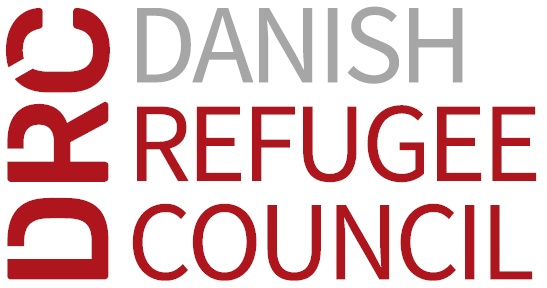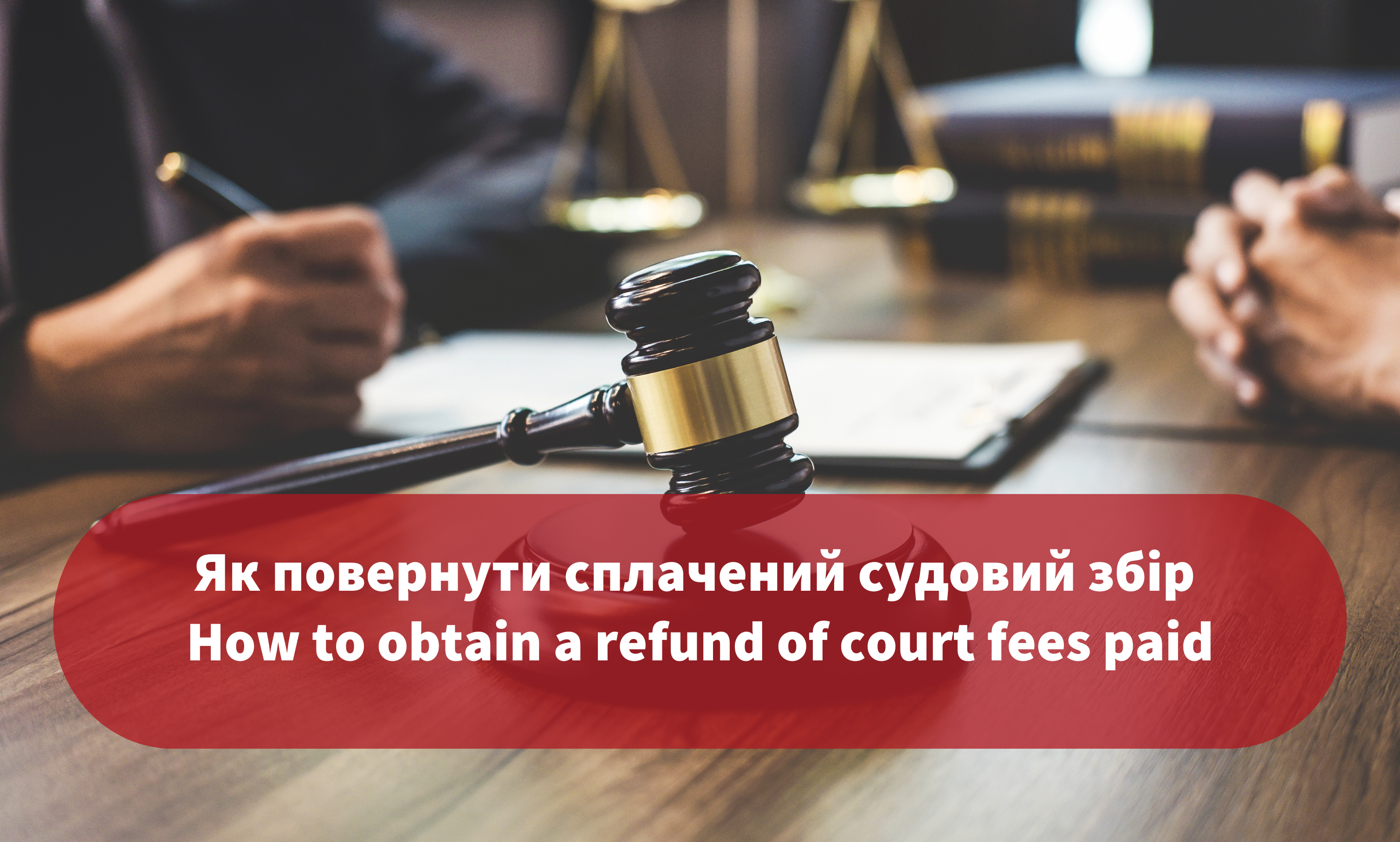Court Expenses: How to Get a Refund on the Paid Court Fee
A court fee is a mandatory payment made by a person when filing a case in court. However, not everyone knows that in certain cases, this fee can be refunded. This article explains when a refund is possible, how to properly submit a request, and what to pay attention to.
In Which Cases Can a Court Fee Be Refunded?
According to Article 7 of the Law of Ukraine "On Court Fee" and procedural legislation, a refund is possible in the following cases:
Partial Refund
- If the amount of the claim is reduced or if the court fee was overpaid (the overpaid amount is refundable).
- In case of a settlement agreement before a decision is made, withdrawal of the claim, or recognition of the claim by the defendant before the substantive hearing begins (50%, or 60% if the settlement was reached through negotiations).
Full Refund
- If the plaintiff withdraws the claim or the court leaves the application without consideration (except when this is due to repeated failure to appear in court, failure to submit evidence, or other procedural violations).
- If the court returns the claim or refuses to open proceedings.
- If the proceedings are closed (except when closed due to claim withdrawal).
- If the court's decision is made in favor of the person who paid the fee — in such cases, the opposing party must reimburse the expenses (Art. 141 of the Civil Procedure Code, Art. 139 of the Administrative Procedure Code).
Procedure for Court Fee Refund
To determine whether you can get a refund on the court fee, it is first important to identify which type of situation applies to your case. Typically, all cases fall into one of two categories:
- Refund from the losing party (reimbursement by court decision).
- Refund from the State Budget of Ukraine.
Refund of Court Fee from the Opposing Party (Reimbursement by Court Decision)
When Applicable:
This mechanism applies when a person wins a case in court.
How It Works:
The court ruling explicitly states that the court fee must be reimbursed by the losing party.
Important! If the claim includes two or more demands, the court fee is paid for each, and the refund applies only to the demands that were satisfied. Therefore, if the court partially upholds the claims, only a proportional refund is possible.
Steps:
- Obtain the court decision stating reimbursement of the court fee and the enforcement writ.
- Submit the enforcement writ to the Treasury for execution.
Refund of Court Fee from the State Budget
When Applicable:
This option is only available in exceptional cases (see above), as explicitly stated by law, and is not connected to winning a case. It applies when the proceedings did not take place or could not be initiated.
How It Works:
If the court identifies grounds for a refund, it issues a ruling that explicitly grants the right to a refund. If the court does not identify such grounds, but the party believes they exist, the refund can be initiated by filing a motion.
Steps:
- Obtain a court ruling stating the right to a refund.
- Submit a request to the court for a refund from the budget.
- Wait for the court to generate an electronic submission to the Treasury — replacing the previously required paper orders. The Treasury will refund the amount to the specified bank account automatically.
Recommendations
If you intend to get a refund of the paid court fee in your case:
- Always keep receipts for court fee payments (including electronic ones in case of online payment) — this is key to the refund process.
- Remember that a refund from the budget is possible only in cases defined by law, and these depend on the stage of proceedings.
- If the court obliges the other party to reimburse you — do not delay in submitting the documents.
Always seek legal advice before submitting an application — this will help you avoid unnecessary expenses. Lawyers from the PravoVsim platform will provide advice on these issues online at this link.
Comments (0)
Author

